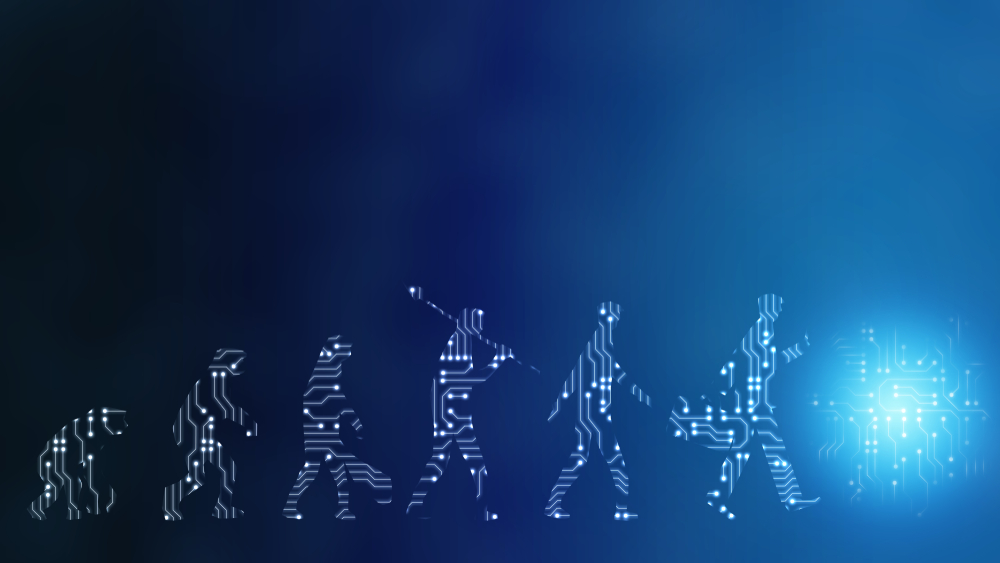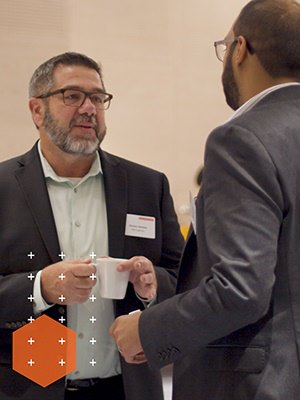The evolution of insurance fraud

Dennis Toomey is an expert on counter fraud analytics and operations and is focused on guiding organisations to develop strategic plans to advance their company’s mission and objectives when it comes to the evolving nature of fraud. Here he spoke to Modern Insurance and outlined the key trends shaping the evolution of fraud within the insurance sector, and why the industry must adapt and work together to combat it.
Q. BAE Systems’s report, Insurance Fraud Trends in 2020, produced an effective summary on how the fraud landscape has changed. The report, published in March, outlined five key trends shaping the evolution of fraud within the insurance sector, what impact has the pandemic had on those trends?
A. The events of2020 have driven many changes within the insurance industry. Those five trends that I spoke of in the report are still relevant today, but I think that there are now other important trends that have come to light as a result of the pandemic and the economic crisis we and the rest of the world are facing.
Briefly, the five trends I spoke of in March were ‘the new era of fraud investigation,’ which will certainly continue into 2025 because modern fraud is transnational and agile. Fraud is very sophisticated and difficult to track and we as an industry can no longer rely on traditional techniques to combat what is an evolving enigma. We must evolve alongside that, particularly in the case of fraud investigators, who today need nuanced skillsets and agile ways of working to be able to identify scams and tactics that modern fraudsters are adopting.
The other trends are ‘the significance of social media,’ as we have to acknowledge the central role that social media plays as a primary source of intelligence; ‘converging fraud and risk calls for the collapse of silos,’ ‘the crucial role of consortiums,’ and ‘more insurance lines = more fraud variety.’
During the pandemic, we have seen a change in the types of fraud and in the modes of operations. In the United States, reports of auto-theft have risen by 125% since early February. So often when we have an economic downturn, people aren’t able to keep up with their payments for their vehicles. what we have found during the Coronavirus pandemic is that because the majority of people are forced to work from home, they don’t need the extra car and because they can’t sell it, they are reporting it as stolen.
One area where we are going to see tremendous change and demand is telemedicine, which has opened a huge opportunity for fraudsters to take advantage of the insurance system. There is lots to consider around virtual online healthcare such as data management, regulation, online security, doctor diagnosis, prognosis, and treatment sessions.
Another is workers’ compensation or employer liability claims. This pandemic has redefined what the workplace is, so there are lots of concerns about the way that workers’ compensation claims are going to change. If your employee catches Covid-19 while at home, does this become a workplace incident that should be covered? We are also seeing a lot of activity in the small business space regarding the use of runners going door-to-door telling people to file compensation claims to protect themselves and their income.
We are also going to see an increase in opportunistic claims. People who are in an accident may exaggerate the claim, or add pre-existing damage to a loss. We are expecting to see an increase in this because history shows that when there are times of financial hardship, some people become desperate and will do anything to maintain their current standard of living.
Q. Are insurers sufficiently prepared for the predicted increase in fraud due to the rise of financial hardship because of Covid-19?
A. Yes. Most insurers have already put into place procedures and are monitoring the predicted rise in fraud.
There are highly experienced and knowledgeable global thought leaders in the insurance industry, and organisations like the Insurance Fraud Bureau in the UK, who are running public awareness campaigns and monitoring certain types of activities for legitimacy.
The surplus in the industry is greater than it has ever been; we are well positioned to handle anything but it is just a matter of being diligent. Now is not the time to cut back on monitoring to identify suspicious activity, nor on their anti-fraud units.
Q. Covid-19 has affected counter-fraud resources and restricted fraud investigators, what emerging technologies can insurers use to help them keep the pressure on fraudsters?
A. I think Covid-19has affected both the analytical and operational aspects of a fraud investigation as well as the technology used in the process. Everything has had to be re-evaluated from operational models to the data used in those models. It is clear that technology has a much bigger role to play as we face the challenge of navigating social distancing and the inability to meet face-to-face and converse directly with people.
However, there are lots of emerging technologies, such as geospatial technology, which is the geographic mapping and analysis of the Earth and applying intelligence and information depending on the scenario. This type of technology can help identify a range of things, including liability at an accident scene, any pre-existing damage to a structure, and densely populated high crime areas for risk assessment and investigator safety. This type of technology will also vastly increase our intelligence and information about catastrophes, civil unrest, or manmade disasters in near real time environments. I also think that device validation and verification, coupled with document and image validation will be more widely used and integrated as a result of this pandemic. Of course, artificial intelligence and machine learning will create huge benefits and opportunities for insurers and fraud investigators from an accuracy and efficiency perspective.
Q. Do you think fraud examiners should become familiar with the dark web to stay ahead of fraudsters as dark web fraud further becomes a global information security problem? And what should be considered by companies should they embark on such a task?
A. That would definitely be a challenge. The dark web has many different levels, and it takes a lot of time and skill to be able to find the information you are looking for. Your security when dealing with the dark web would have to be secure and efficient too – you would need to set up proper policies and procedures to install a legal tour of the unrouted space that is the dark and deep web.
The dark web, through sentiment analysis, could help you proactively see what’s on there, but there are a lot of bad things that go on in the dark web. It would be an internal challenge with lots to think about such as the technical and security aspects of entering the dark web. My advice would be to set up a specialised unit that can do that specifically, or work with an external organisation who can do it for you.
Q. How and why should companies report cyber-crime and attacks? How could effective reporting of such attacks improve both collaboration and transparency within the industry?
A. Collaboration and transparency are critical when it comes to cybercrime. Easy reporting of cyber-crime and attacks is important to provide visibility of the scale and nature of the attacks, to help share intelligence to prevent other organisations being impacted in the same way and to provide intelligence to help law enforcement take action against the higher level criminal groups behind many of the attacks.
There is a lot of high-level criminal activity going on with cyber and Covid-19 has really pushed the evolution of cyber-attacks more than any other time in our history. Now more than ever, companies should be making sure that they have the correct policies and procedures in place for cyber.
Q. The Intelligence Network was an industry initiative launched by BAE Systems in 2018. Its aim is to create a safer society in the digital age, with its work coming to fruition in 2025. What value has the Network brought to those since the Coronavirus pandemic?
A. The Intelligence Network is a network that is changing the way we think about cyber security. It is a global community made up of like-minded cyber and financial crime professionals and industry influencers committed to creating a safer society in the digital age.
We recently welcomed Matthew Smith, the Executive Director of the Coalition Against Insurance Fraud in the US, to our Steering Committee. One of the many things the Coalition does is lead the way on public awareness campaigns and messaging in regarding insurance fraud and the impact it has on both consumers and carriers. Matthew helps us reach out and partner with like-minded organisations across the industry. The Network’s various current projects include:
- Understanding Adversaries – this is topical given the number of Covid-19 related attacks being experienced. This project recently convened a roundtable including delegates from the UK National Cyber Security Centre, Microsoft, MITRE, Red Hat and BAE Systems to debate the topic of ‘know your enemy’ in cyberspace, and whether defences could be readied sufficiently without doing so.
- Tackling Cyber Fraud – this has focused initially on social engineering and seeking to identify high impact changes, e.g., removing the opportunity for spoof/fake phone calls to be used by fraudsters and establishing two-way trust in communications between financial organisations and their customers.
The Intelligence Network wants to ensure that consumers are protected from insurance fraud and cyber threats as we help people to understand, explain, and tackle the enduring challenges of cyber security to improve collaboration, simplicity, and certainty, which has certainly become even more topical as we face the Coronavirus pandemic.

Dennis Toomey is the Global Director of Counter Fraud Analytics, Applied Intelligence at BAE Systems.



